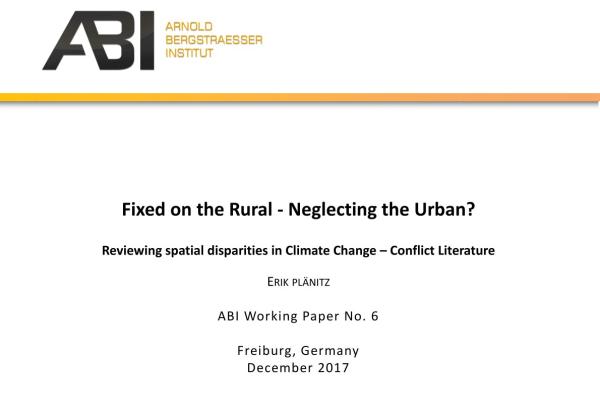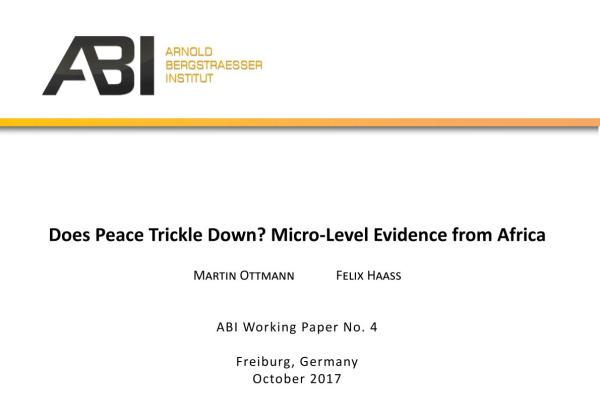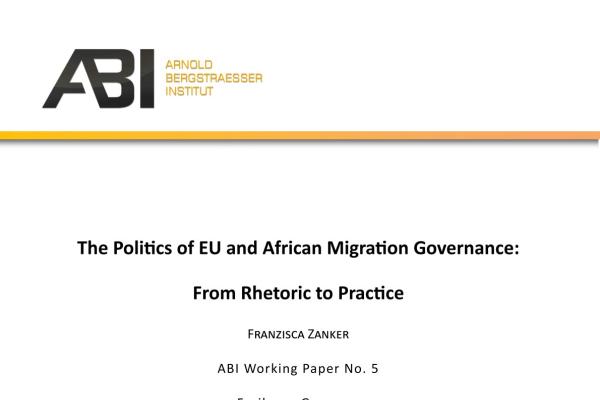
African cities already are and will be facing enormous challenges arising from changing climate conditions. Increased frequencies of rainfall or sea-level rises threaten huge parts of urban settlers living in flood prone areas. City districts are likely to be submerged by the ocean in the coming decades. Coincidently, projections of population trends suggest that urbanization rates will remain at high levels. Rural-to-Urban migration increase the pressure on informal settlements that are exactly situated in those areas most exposed to changing climate conditions. The impacts such climate change conditions can have on local livelihoods already under socio-economic stress, may contribute to the onset of urban violence. In sharp contrast to these possible developments, contemporary scholarship on the relation between climate change and conflict has a strong focus on the rural. In order to empirically support this observation, I conduct a systematic literature review of peer reviewed journal articles looking at trends and patterns of this research field. The review finds that there is a significant anti-urban bias in climate change-conflict research. Despite the fact that rural livelihoods and avenues into conflict differ from urban dynamics, very little has been done to address these diverse patterns. The paper argues for more research on multi-causal pathways from changing climate conditions to violence, particularly in urban areas. Understanding the links between climate change and urban violence is crucial for developing adequate adaptation and mitigation policies.


